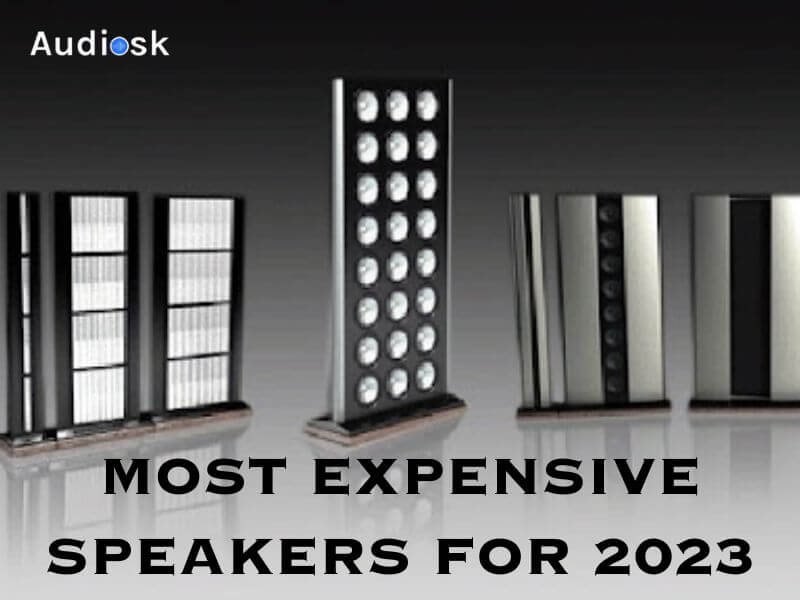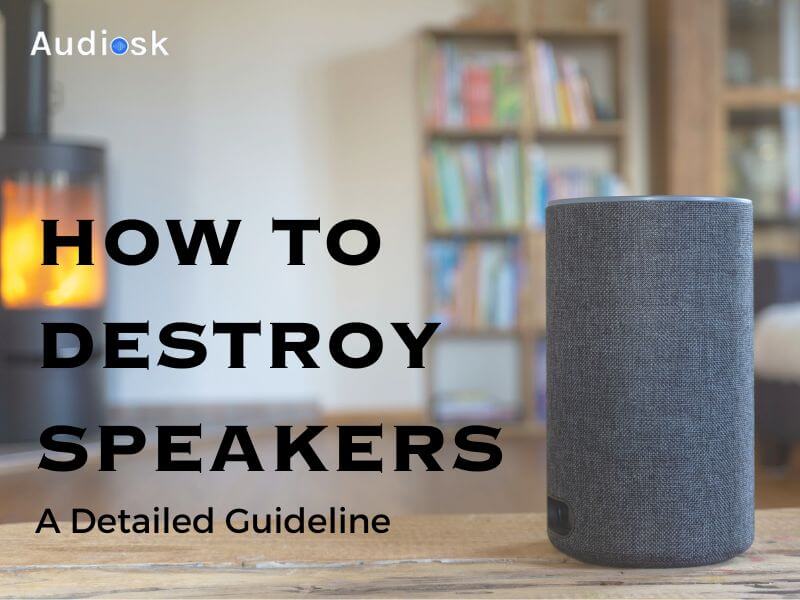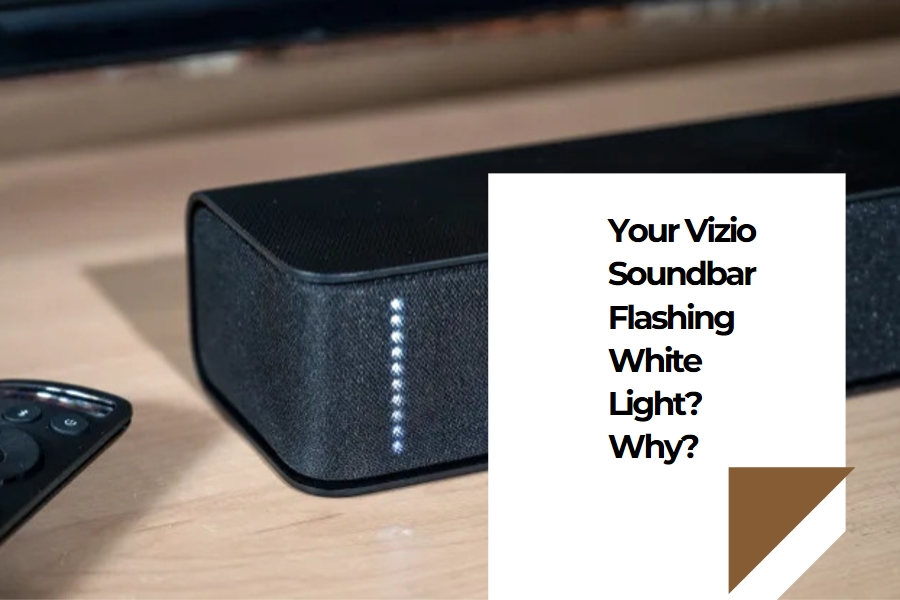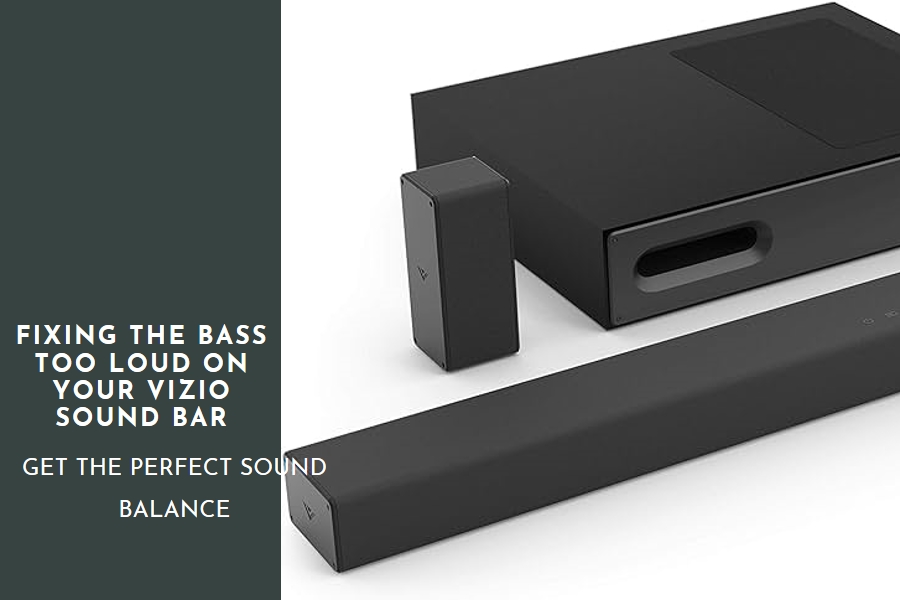There are several types, sizes, capacities, and price ranges of loudspeakers available right now.
At audiosk, So how to choose the right speakers you need? To select the appropriate loudspeaker, please refer to the guidelines below!
What Factors To Consider When Choosing Speakers?
To choose the right type of speaker for the audio system, you can consider some of the buying guides and the following factors:
Budget
Before you buy any product speakers, you can map out and reduce your speaker selections with your budget. The next step is to select the speaker with the finest quality.
While being economical and careful is admirable, some thought should be given to future-proofing. Spending more now could save you money later if you have a little foresight.
Room size
The sort of loudspeaker also depends on the size of the room or the listening distance. You only need loudspeakers with the appropriate size and power for tiny spaces. Sound quality will be compromised by reflections brought on by a loudspeaker.
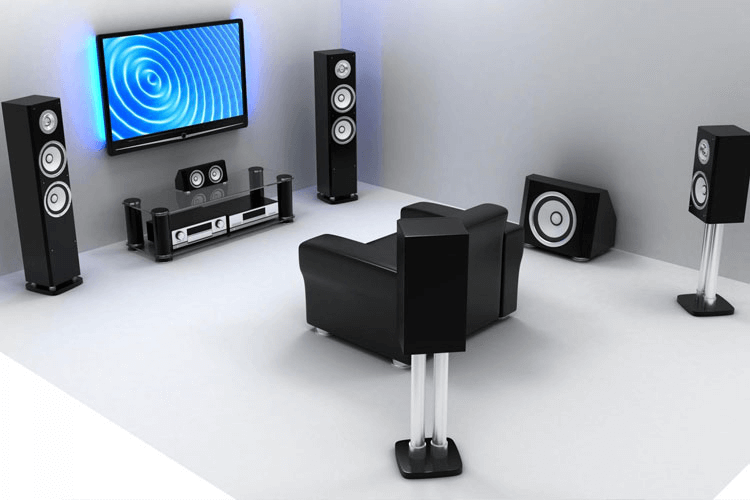
On the other hand, the sound won’t be loud and clear if you utilize loudspeakers that are too little or have limited power in a vast space.
Speaker type
You can select the most suitable kind of great speaker for your requirements. A tweeter or mid-range speaker is sufficient to listen to soft music. A subwoofer is necessary to hear the highest good sound quality with distinct bass.
The type of speaker also relies on the room size. Floor-standing speakers can only be fixed and are suitable for large rooms. Ceiling or wall speakers are options if you want to conserve space. If you desire ease and portability, Bluetooth speakers are an excellent option.
Frequency response
The variety of sounds a speaker can emit is gauged by its frequency response range. The range of frequencies the human ear can detect is 20–20,000 Hz. Most speakers can react to frequencies between 45 – 20,000 Hz.
The lower the frequency response, the deeper the sound. Thus, consider this factor carefully if you prefer a sound with quality bass.

Sensitivity rating
Loudspeaker sensitivity is known as the ability to convert energy into sound. The sound conversion is improved with a higher sensitivity index. A loudspeaker with a lower sensitivity produces a smaller sound at the same voltage level.
Low sensitivity increases the need for a more powerful amplifier and influences power usage. Besides, low sensitivity can damage loudspeakers since more electricity is transferred to heat than to sound.
Read more: 6 Ohm Vs 8 Ohm Speakers
Confirming the specifics
To verify the exact details and the speaker’s sound quality, you must go to the store where you bought it. When purchasing a speaker, you should consider the device’s power and impedance in addition to the previously listed criteria. Especially it is surround sound.
Whether the sound is loud or soft depends on the speaker’s power. You should also consider whether the home’s amplifier and receiver can handle the speakers’ impedance level.
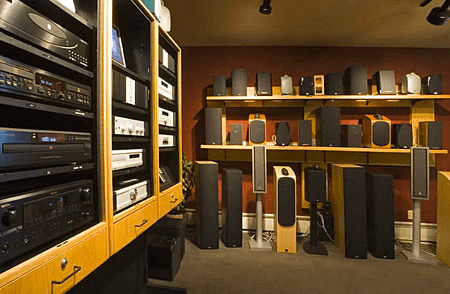
Testing the speakers
Finally, you must determine whether the speaker is functioning steadily or not. Mainly it is the ceiling speakers. You should test the speaker with common tunes and use comparable equipment at home.
If your amplifier is old or has unique indexes, you should ask your retailer for similar equipment. Alternatively, bring your amplifier to ensure the speakers function correctly.
Read more: Parallel Vs Series Speakers
Most Important Tips For Buying Speakers
You should consider size, power, sensitivity, impedance, and driver count when purchasing loudspeakers. To prevent purchasing low-quality goods, consider whether the loudspeaker has enough labels. Loudspeakers should also be acquired from trustworthy retailers.
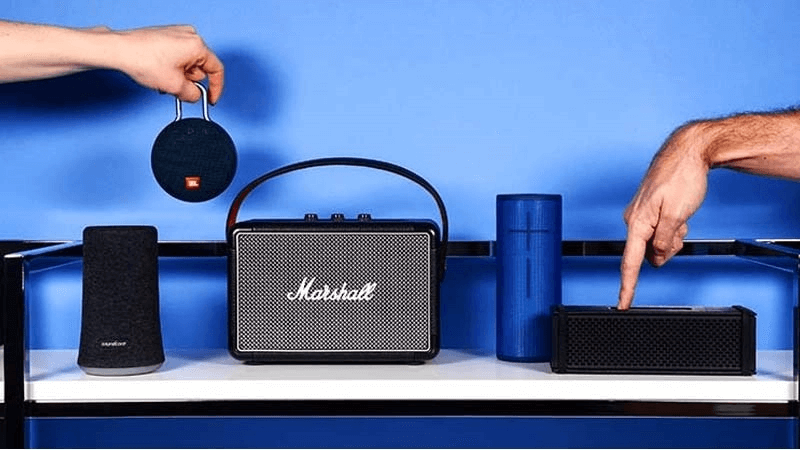
Conclusion
At audiosk, these are essential criteria and tips on how to choose the right speakers. Applying the information above will help you pick the ideal sound system for your requirements!
FAQs


